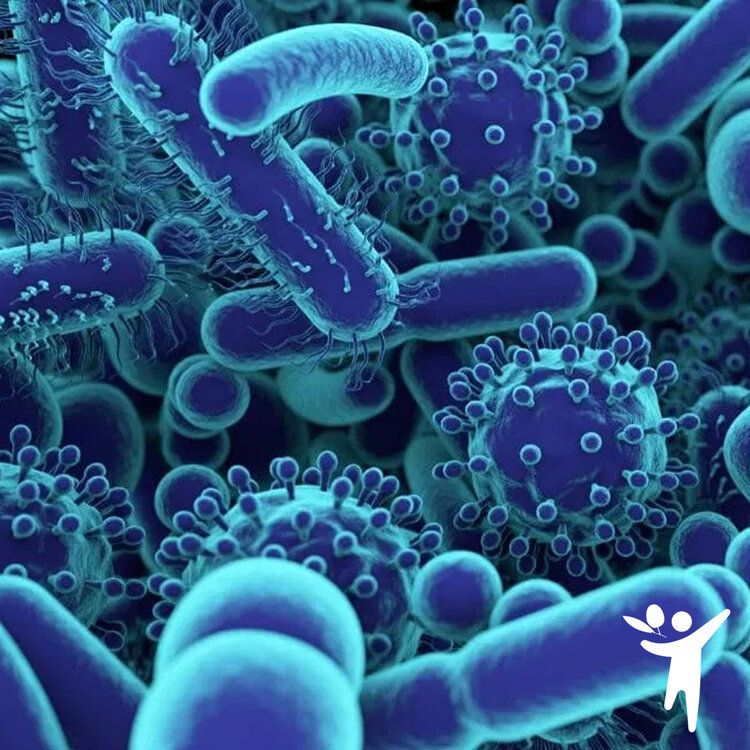In the last five years, researchers have learned so much more about the organisms hidden in the dark, oxygen-starved recesses of our intestinal tract. The 100 trillion bugs, in our small intestines (known as “the microbiome”) from an incredible and complex ecosystem inside us. Let’s talk about the connection between those bugs and their profound influence on our physical and mental health, for better or for worse.
Deep within your intestines is a community of microscopic bacteria which are both helpful and harmful. This community of 100s of trillions of mutually beneficial microbial cells comprise bacteria, fungi, viruses and ancient single-celled archaea. We call it your personal microbiota. Each of these cells contains their own unique genes, and the combination of all of these genes together make up your own personal microbiome.
If the genes in your microbiome reduce your stress and contribute towards a positive outlook, the effect on your mood is likely to be positive. But if the genes in your microbe-flourishing gut are favourable to high stress and melancholy, the impact on your outlook is likely to be negative, stressed and even depressed.
So how can you restore healthy gut flora, increase the good bacteria in your body, and give your microbiome a healthy boost? Here are some gut-healthy tips:

Increase fibre
Aim for more than 40g per day, which is about double the current averages. Fibre intake has been shown to reduce heart disease and some cancers, as well as reduce weight gain.
Eat as many types of fruit and veg as possible, and try to eat seasonally
Ideally eat 40 different types of plants each week. The variety is more important than the quantity, because the chemicals and types of fibre will vary, and each support different microbial species. A wide variety of healthful foods in your diet translates to robust and healthy, diverse, microbiota
Choose food and drinks with high levels of polyphenols
Polyphenols are antioxidants that act as fuel for microbes. Examples are nuts, seeds, berries, olive oil, brassicas, coffee and tea – especially green tea. (Not forgetting the odd glass of Malbec of course – yes – think of red wine as a healthy food!)
Avoid snacking
Try to increase intervals between meals to give your microbes a rest. Occasionally skip meals or have an extended fast – this not only reduces weight gain, it also contributes towards a happy, healthy gut community
Avoid most food and vitamin supplements
Only a tiny proportion of supplements (ask us if you want a recommendation) have been shown to be beneficial. Instead, focus on eating a diverse range of real food to get all your nutrients.
If you would like to read more about maintaining a healthy diet, click here to read our ‘Obesity prevention’ blog: www.prolongevity.co.uk/blog/obesity-prevention
#bacteria #gut #body #health #sugar #processed #fat #diabetes #prediabetes #bloodpressure #bloodsugar





